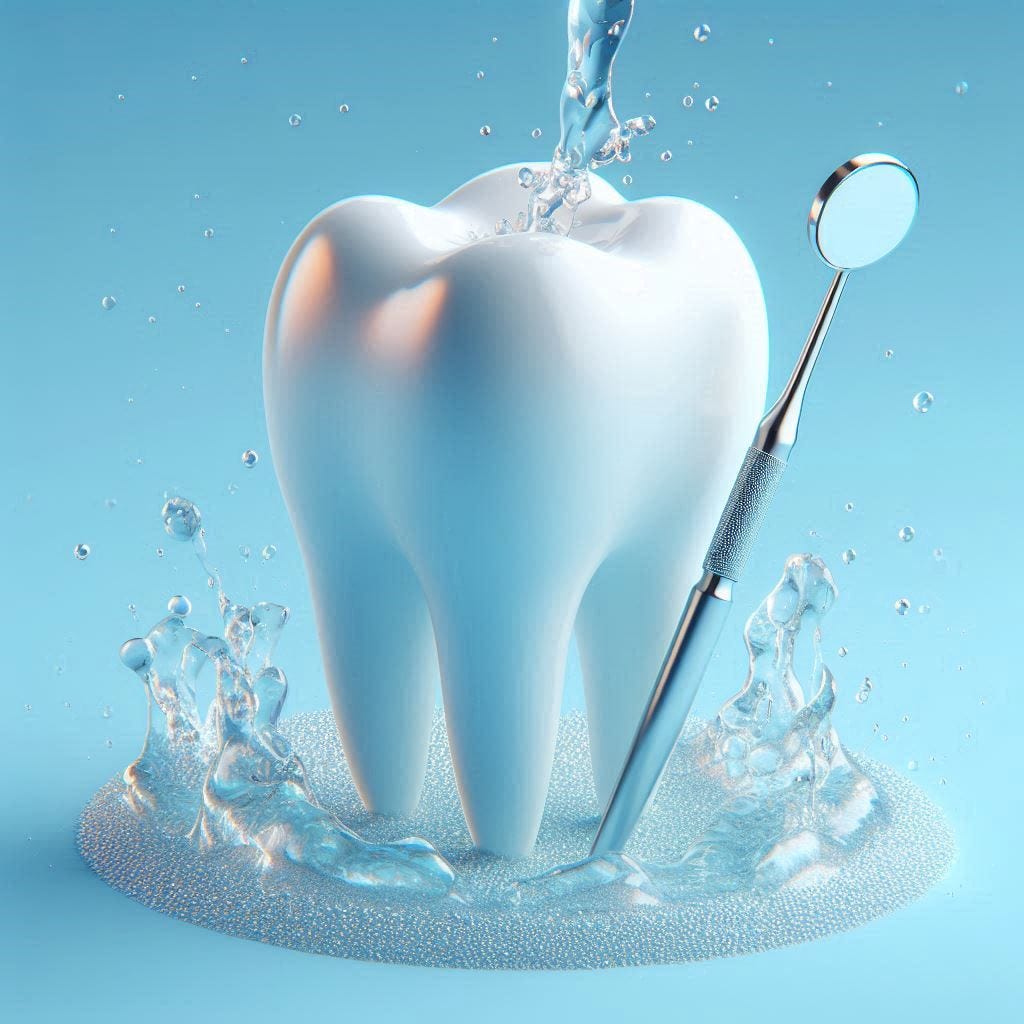Water fluoridation safety concerns
A new study has claimed a link between water fluoridation and neurobehavioural problems in children. Dental practitioners have an important role to play in understanding the evidence.
Water fluoridation has been recognised as one of the most important public health interventions of the last century, helping to lower the prevalence and impact of dental caries, and importantly reducing health inequities. However, it continues to remain controversial amongst sections of the community, with ongoing claims about potential adverse health harms alongside those that say it is no longer as effective with the greater availability of fluoridated toothpaste.
The issue bubbled to the surface again last week with the publication of the latest in a string of papers claiming to link fluoride with cognitive issues, further muddying the waters for those communities that are debating whether to add or remove fluoride from their water supply. The paper, in JAMA Network Open, claimed that higher levels of fluoride as detected in the urine of pregnant mothers was associated with a higher risk of neurobehavioural problems in their children. The lead author of the paper said she would advise pregnant women not to drink fluoridated tap water.
Not surprisingly, the paper was critiqued by a range of experts who pointed out methodological issues in the study, including the small sample size (only 229 mother-child pairs, with only 32 children reaching the threshold for neurobehavioural problems) and the fact that the fluoride exposure was only measured once during the third trimester of the pregnancy.
Professor Oliver Jones is a Professor of Chemistry at RMIT University with a focus on environmental pollution. He noted that if fluoride really did cause problems with brain development in children, then there should be more consistent and obvious evidence of this globally. Indeed, we would have expected to see these significant differences in neurobehavioural problems for children growing up in Brisbane prior to 2008 and children from other capital cities, but the fact is that we haven’t. And previous research from a large cohort study in New Zealand found no evidence to a link to cognition.
This is an important issue. Tooth decay remains one of the most prevalent health problems and the leading cause of preventable hospitalisation in Australian children. These problems are exacerbated in rural areas where there is often no water fluoridation, and where there are fewer dental practitioners impacting on the ability to deliver preventive care.
One in three children suffer from tooth decay by the age of 5-6 years, and it is not uncommon for thousands of young children to have teeth extracted as a result of decay.
We have recently seen communities in NSW including Blayney Shire Council, Lithgow City Council, Tamworth Regional Council, Wagga Wagga City Council and Gunnedah Shire Council implement water fluoridation. State Nationals MP Annabelle Cleeland raised the issue of water fluoridation in Victorian Parliament earlier this month, questioning the Health Minister on her failure to take action to fluoridate the community of Heathcote, ‘the largest community in Greater Bendigo that does not have fluoridated water, with just under 5000 missing out on the opportunity for healthier, stronger teeth and a chance at better outcomes in life.’
Meanwhile, people living in 51 out of 77 Queensland councils do not have access to fluoridated water, and the population coverage across the state has slipped to around 72%. Of course, Queensland has long lagged the rest of Australia, with Brisbane only getting access to fluoridated water in 2008, more than 30 years after Melbourne finally switched on fluoridation. There was a concerted push to expand coverage across the state after 2008, but a change of government saw that policy position reversed, with then Premier Campbell Newman handing power to local councils in 2012 to make the decision, resulting in many of them switching the fluoride tap off.
It is important for dental practitioners to stay up-to-date with the latest research, as there is no doubt that opponents of water fluoridation will amplify these studies through social media as they push to either stop new water fluoridation plants or agitate to have existing ones shut down. We have an important role in our local communities to be a trusted source of evidence-based advice and to advocate to ensure that everyone has access to this important public health measure.
Top stories
Have you caught up with the Dental As Anything stories that have been most popular with readers? Check out the top 5 stories here:







We drink filtered water from a cistern, have never used fluoride toothpaste… my kids, 12 and 9 have the most amazing teeth.
Modern science proves that ingested fluoride isn't a nutrient or required for healthy teeth - making fluoridation unnecessary, ineffective and a waste of money. 90% of Australians are served fluoridated water. Yet, a recent news report said tooth decay is similar to that in third world countries. After 79 years of fluoridation in the US, tooth decay is at epidemic levels and dentists have created a new epidemic - dental fluorosis (or fluoride overdose) which now afflicts 70% of US children and adolescents, according to published research in a peer reviewed journal.